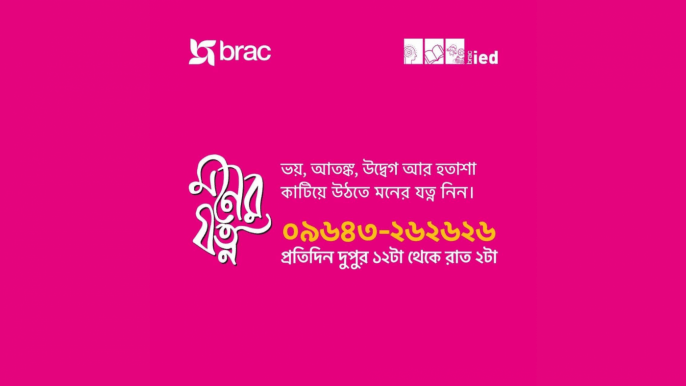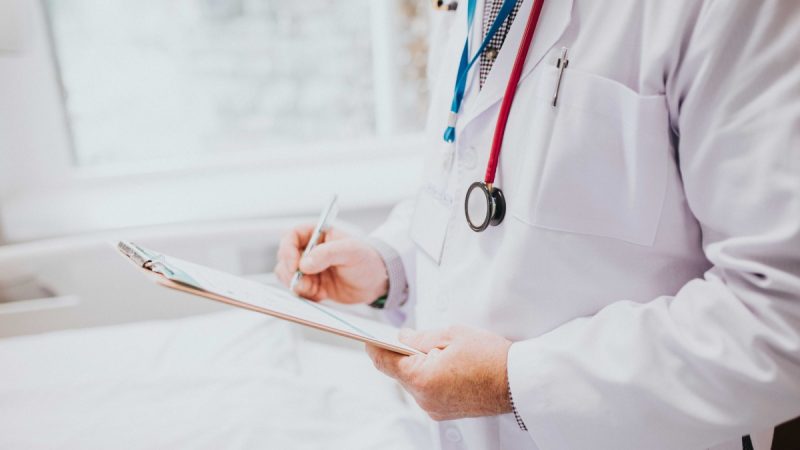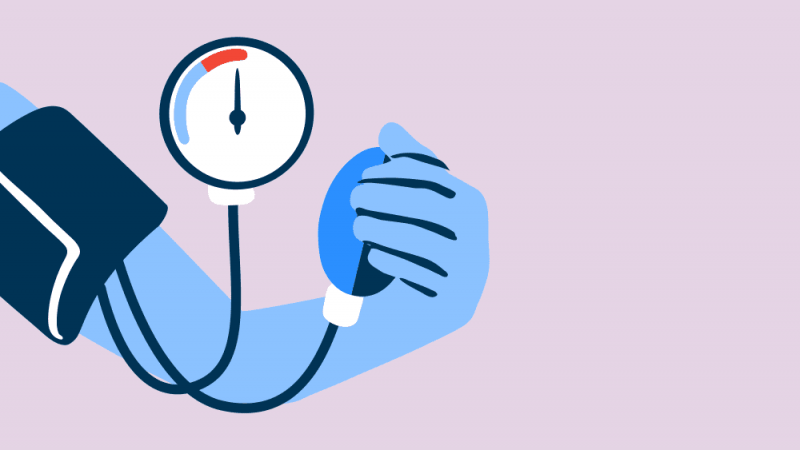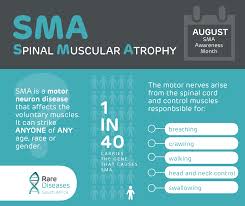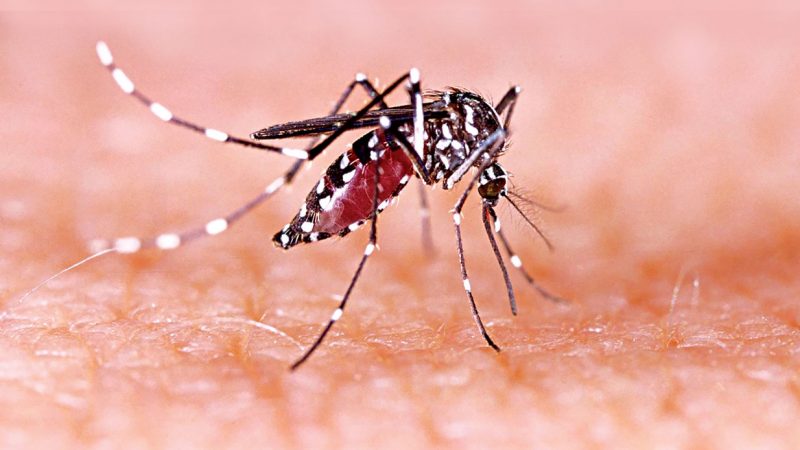India seeks closer ties with Bangladesh in Ayurveda, traditional medicines
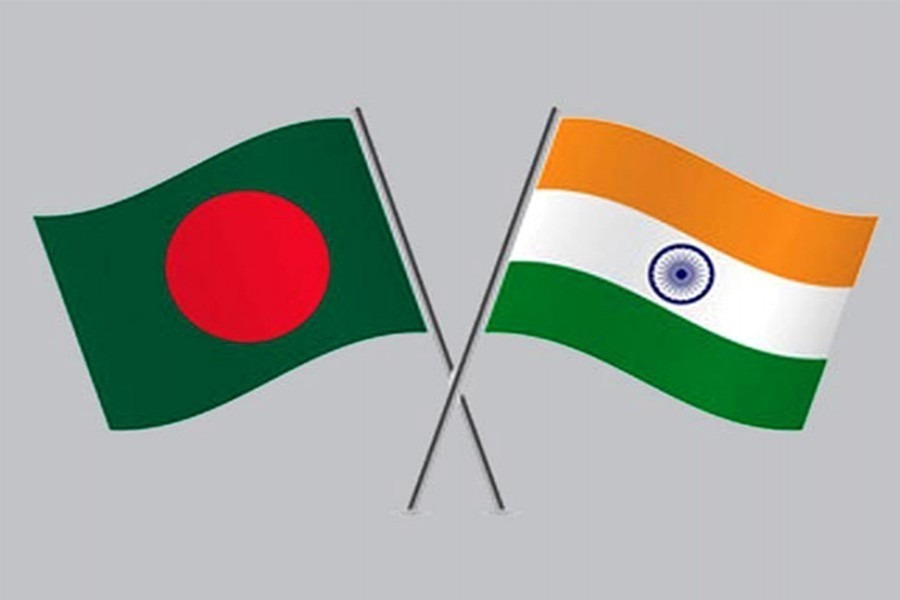
Indian acting High Commissioner to Bangladesh Pawan Badhe on Tuesday said India remains “committed to working closely” with Bangladesh to enhance cooperation in the field of Ayurveda and other traditional medicines.
“We will continue to collaborate to promote research, education and the exchange of best practices between our two countries,” he said while celebrating the 9th Ayurveda Day at Indian Cultural Centre (Old India House) in Dhaka.
The acting envoy stressed the importance of collaboration and knowledge-sharing in the field of traditional medicines, UNB reports.
Indira Gandhi Cultural Centre, High Commission of India, Dhaka hosted the programme.
Prof Sitesh Chandra Bachar, Faculty of Pharmacy, Dhaka University; Mokhlesur Rahman, Head of Research at the Ayurvedic Research Centre for Musculoskeletal Disorders, Dhaka; Mohammad Zamal Uddin, Deputy Managing Director of Hamdard Bangladesh Foundation; and Dr Munawwar Husain Kazmi, Academic Chair at Hamdard University, an institute under the Ministry of AYUSH, Government of India, also addressed the event.
The event was followed by a live musical performance by renowned sitar player Ebadul Huq Shaikat.
Ayurveda Day is celebrated on the day of Dhanteras or Dhanwantri Jayanti or Pooja, Lord Dhanwantri to whom Ayurveda as the ancient science of holistic health and medicine is attributed.
This year’s theme for the Ayurveda Day is “Ayurveda Innovation for Global Health.”
It focuses on fostering Ayurvedic innovation to address global health issues.
“As we mark Ayurveda Day, let us all resolve to embrace the principles of this ancient science and incorporate them into our daily lives,” said the acting High Commissioner.
“By doing so, we can create a healthier, happier, and more balanced world for ourselves and future generations,” he said.
Bangladesh and India share bonds of history, language, culture and multitude of other commonalities.
“Ayurveda is an integral part of our shared heritage,” Badhe said.
The practice of Ayurveda in Bangladesh dates back centuries and it continues to play a significant role in the health and well-being of the Bangladeshi people. “Traditional medicine is an important element of Bangladesh’s health policy.”
Ayurveda, Unani, Yoga and Homoeopathy are important traditional health care systems existing in Bangladesh,” said the acting High Commissioner.
A large population in Bangladesh is using Indian traditional medicine and homoeopathy, ayurveda, and unani systems of medicine.
“There are also a large number of medicinal plants, particularly those found in the tropical region, which are common to the two countries given similar geo-climatic factors,” he said.
A sizable number of students of Bangladesh also travel to India to study traditional medicines.
“Ayurveda, which translates to “the science of life,” is a holistic approach to health and wellness and is based on the belief that the mind, body, and spirit are interconnected, and that good health is achieved through a balance of these elements,” Badhe said.
It emphasises preventive care, using natural remedies and lifestyle changes to promote overall well-being.
“As we face new challenges in healthcare, it is essential that we draw upon the wisdom of our ancestors and integrate their knowledge with modern medical practices,” said the acting High Commissioner.
“As we celebrate the many contributions of Ayurveda to our societies and reaffirm our commitment to promoting its principles and practices, let us also recognize the importance of collaboration and knowledge-sharing in the field of traditional medicine,” he added.
The programme brought together Ayurveda experts, practitioners, students, representatives from the pharmaceuticals sector and eminent members of the Bangladeshi civil society.
Source: The Financial Express | 29 October 2024


